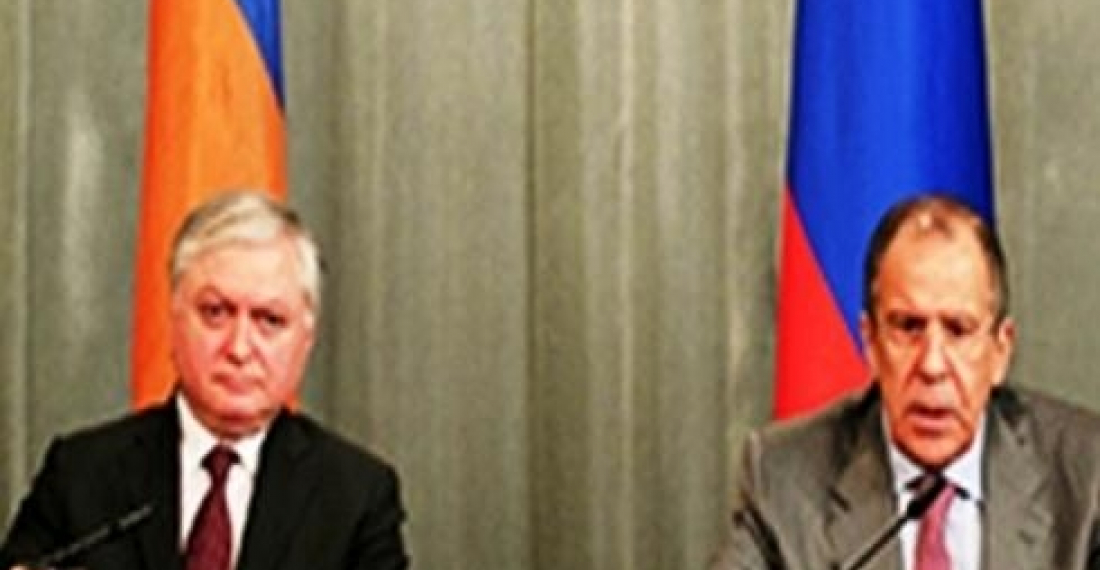Azerbaijan's Foreign Minister Elmar Mammadyarov told journalists that he shares Russian counterpart Sergei Lavrov's views on the lack of progress in the negotiations on resolving the Nagorno-Karabakkh confllct. Mammadyarov saıd that "Currently we are in a stage of stagnation."
"Ministers meet, but there is no logical conclusion of these negotiations," Mammadyarov added. "There are many issues that must be discussed between the belligerents including the return of internally displaced persons, the status determination and other issues. We are ready to work on a broad peace agreement," Trend News Agency quotes Mammadyarov as sayıng.
Earlier it was reported that Russian Foreign Minister Sergei Lavrov had told journalists after meeting with his Armenian counterpart, Edward Nalbandian ın Moscow, that there was no progress "yet" in the negotiations. Moscow sees no movement in the Karabakh peace process, However, it would be wrong to say that the talks have reached a deadlock, Lavrov added. "A new meeting of foreign ministers is prepared. The meeting will take place in Krakow this May," Russian Minister said, not ruling out the meeting of presidents, RIA Novosti reported. In his turn, Armenian Foreign Minister Nalbandian said that the process is not moving ahead because of non-constructive position of one of the sides which is rejecting mediators' proposals.
source:commonspace.eu with agencies
Photo: Foreign Ministers Lavrov and Nalbandian after their meeting in Moscow on 25 April. (Picture courtesy of the Russian Foreign Ministry)







